 Greetings from 53.5° north latitude, at the end of a week consumed by COVID-related news and work. Here in Alberta, the government is now openly calling COVID a public health emergency. Not sure why it took so long to place that moniker on the pandemic, but clearly the satiric news site The Beaverton has their opinion on the matter. In other COVID news, the consulting and research organization, McKinsey, released a report on the future of organization models. (Note that this article was released in August, but I just read it this week). In the report, McKinsey suggests that organizations can take advantage of the changes COVID forced to adopt and adapt to a better and more resilient structure. Part of the "next normal" as they call it is based on gig workers and contractors (read: people the organization does not have to pay benefits to), but the really interesting part was the leadership behavior changes exhibited by the most successful leaders. The chart below is taken from the article and shows which behaviors have risen and fallen in importance since the start of COVID. Using "Challenging others and being provocative to inspire" as a baseline, it is interesting to see how "Being supportive and caring" has risen in importance nearly as much as "Using consultative leadership" has decreased. I can personally understand how authoritative leadership and internal competition have decreased, but consultative leadership was a surprise to me. I wonder if that means that some employees are part of a rapid decision-making process while others are just provided the outcome of the decision. Or perhaps the increased focus on empowerment and delegation means that less group consultation is required. The other striking item from that chart is how much more the "rising" items went up in relation to how much the "falling" items went down. Nine falling items went down a total of 103 points, while the eight rising items when up a total of 128 points. The takeaway from that point for me is that it is way more important to focus on the rising items than it is to focus on the falling items. Beyond COVID, there was little else of note this week. I finished one book, had one beer, and got in some cycling. There was some new music, but I only got through one listen this week so I will defer comments until next time. Let's get through the recap and head into next week with hopefully more to speak about when all is said and done. Cycling Update: Good news this week. I was able to finish off the first leg of my cross-Canada virtual tour and made good progress on the first segment of the second leg. Here is what the chart looks like after the week. It is nice to see the solid block of green for the first leg. The second leg is much shorter than the first, so I anticipate getting through it quicker. In the 60 days since I started logging my rides, I have averaged 8.8 km per day so I should be able to finish the Vancouver to Kamloops segment by the first week of January. Putting the Port Hardy to Victoria leg to bed, here are some fun facts about Victoria according to Wikipedia. The greater Victoria area has a population of just over 367,000, the airport code is YYJ, it calls itself the Garden City, and it has the highest rate of bicycle commuting to work of any census metropolitan area in Canada as per the 2011 and 2016 census. (As a side note, my Starbucks mug from Victoria touts the city as the Cycling Capital of Canada.) 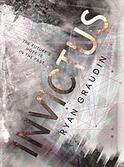 Reading Pile: One might think that my reading would have been significantly increased this year due to COVID, but I am not sure I will equal my reading for 2019 at the rate I am going. I am in the middle of two books with the daughters, I have one more that I will probably finish tonight, and five that have been "in progress" for a long time that I should be able to finish by the end of December. Whether I will be able to finish an additional five books in the next month is pretty unlikely, so my 2020 total will probably be in the high-4o's. Book #40 for 2020 was "Invictus" by Ryan Gaudin. This was a decent book with a quite interesting time travel premise. It is next to impossible to discuss the premise without spoiling the book, so I will not do that here. Gaudin seems like a solid writer and I will seek out other books of hers in the future, but I did feel like the premise in Invictus would have been better served by a more seasoned sci-fi writer. I think Invictus would be a good basis for a Hollywood screenplay as well.  New Beers: Only one new beer this week, but it was check-in #700, so it was a bit of milestone. The Florida Weisse from Blindman was a fruit sour with "lemons, limes, and clementines". I did get a bit of citrus and a little pith while tasting it but I could not differentiate between the citruses unfortunately. It was clean and tasty, but was not superb. (3.25 / 5)
0 Comments
Greetings from 53.5 ° north latitude. The week was filled with reading and guitar and little else. So really, a pretty awesome week. Reading Pile: We are just finishing up the nineteenth week of 2020, with the first week of the year being a few days short of the full seven. I'm doing well with my reading, clocking in at an average of one book per week. If I can keep it up and also finish War and Peace and The Count of Monte Cristo with those reading groups I have previously mentioned, I will read 54 books this year. That is a momentous number and would be a hard mark to surpass in my pre-retirement years. 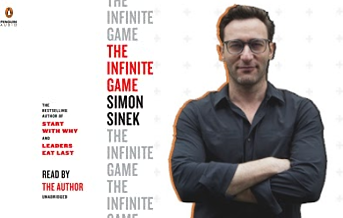 Book #17 for 2020 was the audiobook version of Simon Sinek's "The Infinite Game". Sinek came to my attention during an executive education program I was enrolled in in 2013 - 2014. His TED talks about leadership related to his earlier books continue to be a popular favorite, wracking up millions of views. This latest book is short but worth the time. Sinek distills his thoughts about why an infinite mindset built with thoughts of the long-term and abundance is superior to a finite mindset built with only the short-term in mind and with a focus on scarcity. One quote that stuck with me was that "leaders are not responsible for results; they are responsible for the people that are responsible for the results." That is a good maxim to keep in mind while leading teams and organizations, as is Sinek's comment that we should "go slow now to stop problems later." 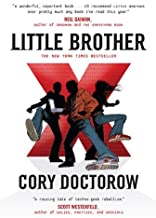 Book #18 for 2020 was "Little Brother" by Cory Doctorow. This was a book I decided to read with my older daughter, and it opened a lot of conversations about surveillance and the Internet, It was also about a teenage boy falling in love, so that kept me scanning a few lines ahead so that I could strategically avoid certain topics. This was my least favorite of Doctorow's books that I have read so far, mainly because I already understood the lessons he was communicating, but also because of the somewhat jingoistic references to the US Declaration of Independence. I was probably a bit overly sensitized to references to the Declaration because Sinek also raved about it in his book as the ideal infinite game. Would I recommend this book? Probably not, at least to a casual reader. Would I use it to reference the problems with surveillance technology. Sure, but something like Bruce Schneier's "Secrets and Lies" or "Data and Goliath" would be better, albeit non-fictional sources. 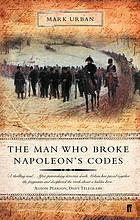 Book #19 for 2020 was "The Man Who Broke Napoleon's Codes" by Mark Urban. This was a historical account of George Scovell, the man that provided Wellington with vital intelligence in the war against Napoleon's army in Spain and Portgual. Scovell used captured communications to decipher both the Army of Portugal and grande ciphere used by the French. Urban was able to write the entire book from journals and official war correspondence, and so it provides an interesting portrayal of Wellington, Napoleon's brother Joseph, and the French marshals in the Iberian conflict. The marshals are shown to be vapid and selfish, and completely vested in only their own wealth and position. They are clearly not in this war for the infinite game of anyone beyond themselves. Urban also highlights the cultural and societal biases of the British gentry and of Wellington in particular, and holds that up against the barbaric behavior of the common British soldier. This was an interesting read, and especially interesting in light of the shared backdrop with War and Peace and Monte Cristo. The impact Napoleon had on Europe in the early 1800s can clearly not be overlooked. I'm glad I read this book for that reason, however, it was not as focused on George Scovell as I would have liked. I understand that Urban could only write this history from his sources, but it would have been nice to have more information about Scovell's early life or retirement years. Scovell seems like he would have been a great person to know and I would like to know more about him. This quote from Scovell definitely helped me form that opinion of him. I think it by far the most instructive part of a campaign to know why we fail; success is in the mouth of everyone to account for. --George Scovell Regardless, this is a good book both to get an idea of the mindset, diligence, and meticulousness of an early cryptographer, and to get another perspective on the Napoleonic era. New Words:
With all that reading, there are bound to be a lot of new words. fichu [ˈfiˌSHo͞o] NOUN
peignoir [ˌpānˈwär] NOUN
caisson [ˈkāˌsän, ˈkās(ə)n] NOUN
soi-disant [ˌswädēˈzäN, ˌswädēˈzän(t)] ADJECTIVE
indolent [ˈindələnt] ADJECTIVE
dilatory [ˈdiləˌtôrē] ADJECTIVE
fencible [ˈfen(t)səbəl] ADJECTIVE
yeomanry [ˈyōmənrē] NOUN historical
panegyric [ˌpanəˈjirik] NOUN
intersubjective [ˌin(t)ərsəbˈjektiv] ADJECTIVE philosophy
praxis [ˈpraksəs] NOUN formal
dialectic [ˌdīəˈlektik] NOUN
Greetings from 53.5° north latitude. If my weeks had themes, this week's theme would have to be "The Triumph of the Introverts". I could see the struggle and the fatigue in the faces and hear in the voices of my friends and coworkers this last week. What seemed like a holiday a few weeks ago, a chance to hang out, try some new tech, ignore the commute, turned this last week into the slog of quarantine. The fact that we haven't hit the peak yet, that we have a significant amount of time before isolation ends, the fact that we should mentally prepare for another wave in the fall, has all taken its toll on those around me. But not everyone is doing poorly. Some of us, the introverts especially, are faring much better. One might even argue that we were made for these times. If you have a deep-seated need to be in physical contact with someone, you are going to be in a much worse place right now than if connection via video conference is sufficient for you. Mental health issues will be paramount while and after we deal with the physical issues. I'll point out the same mental health support videos that I highlighted in last week's entry. Watch them for yourself and those close to you, and share those with others in case they might benefit as well. Even if you are doing better than most because of your innate personality and genetic makeup, it is highly unlikely that you are immune from mental health concerns. Take care of yourself. 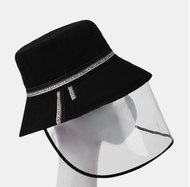 There were a few other COVID-related items worth highlighting this week. The first was this combination sun hat and face shield. My spouse is looking seriously at getting one, but for some reason I just cannot take it seriously. The company selling these hats has various other "Health Protection" items for sale, but the main categories of their products on their web site include "Spring Fashion" and "Accessory and Beauty" so I can't help but feel that this is nothing more than a cash grab. 60 Minutes broadcast an interview with Peter Navarro, who US President Trump appointed to lead the initiative to distribute Personal Protective Equipment. Watch that interview for a quick lesson in deflection and redirection, and to see pushback in action instead of leadership. In the end though, 60 Minutes comes out on top with this interview with their mic-drop moment when they highlighted their previous reporting on pandemic response after Navarro openly challenged their role and leadership. And speaking of a lack of leadership, take a read of this article and a look at the picture below to see what happens when poor leaders lead poorly. Note the vitriol of the Trump supporters with their MAGA hats and their "Don't Tread on Me" flags, all because of the American cellular-level need for loudly protecting personal freedoms, rekindling the "age-old U.S. debate over government regulation vs. personal liberty", fueled by a leader who just cannot lead.  There is more to life, well my life at least, than COVID, so let's talk about something else for a while, shall we? Cybersecurity is important to everyone, and I would be remiss if I did not pass on this note about CIRA's new Internet protection service they call "Canadian Shield". CIRA touts their DNS privacy service, ransomware blocking, and pornography filtering service as "enterprise-grade protection for all Canadians". It is super easy to setup and free. If you are Canadian and don't already have access to a similar service or commercial offering, there is no reason why you shouldn't configure your home network using CIRA's Canadian Shield settings.  Reading Pile: There was a lot of reading in my life this week, and I was able to finish one small book. Book #14 for 2020 was Susan Sontag's "Illness as Metaphor", the third book in our social science reading group hosted by Adam Greenfield. We only read excerpts of the first two books, but this week we read the whole book from Sontag. To be fair, it clocked in at a paltry 88 pages, but I will count it as a full book regardless. There was a lot of very powerful language in this book; language that made me think about the social "value" of diseases, and how two diseases can be viewed so differently. A lot of the book is focused on tuberculosis, and early in the book, Sontag discusses how the consumption and wasting comes from TB has lead to the skinny mindset in the twentieth century. Twentieth-century women's fashions (with their cult of thinness) are the last stronghold of the metaphors associated with the romanticizing of TB in the late eighteenth and early nineteenth centuries. Sontag then contrasted the new waifish chic brought along by TB with how their male contemporaries stereotyped themselves. Gradually, the tubercular look, which symbolized an appealing vulnerability, a superior sensitivity, became more and more the ideal look for women—while great men of the mid- and late nineteenth century grew fat, founded industrial empires, wrote hundreds of novels, made wars, and plundered continents. I'm glad we read Sontag's book, but I couldn't help but feel it was dated. The book quotes Kafka a couple times as he ultimately died from TB in 1924. One quote from him from 1920 said that he had an illness of the mind that had moved to his body. Sontag's book was written in 1978, meaning there is a span of 58 years between his quote and Sontag's book. At present in 2020, there have been 41 years since Sontag wrote this book, which is getting close to the gap between Kafka and Sontag. Think how much has changed in collective thinking in those 41 years, and it seems that a 2020 Sontag book on the same topic would arrive at new conclusions. It is unfortunate that Sontag passed away so many years ago, as it would be insightful to read a 2020 version with a new foreword by the author. New Words:
Lots of new words this week from a combination of War and Peace, The Count of Monte Cristo, Sontag's book discussed above, and a new science fiction book that I will hopefully be able to finish this week. corvée [kôrˈvā] NOUN (historical)
hortatory [ˈhôrdəˌtôrē] ADJECTIVE
etiology [ˌēdēˈäləjē] NOUN
enervate [enervate] VERB
garret [ˈɡerət] NOUN
parvenu [ˈpärvəˌn(y)o͞o] NOUN (derogatory)
rachitis [rəˈkīdəs] NOUN
philippic [fəˈlipik] NOUN (literary)
autophagy [ôˈtäfəjē] NOUN (biology)
laity [ˈlāədē] NOUN
exemplum [iɡˈzempləm] NOUN
orgone [ˈôrɡōn] NOUN
apposite [ˈapəzət] ADJECTIVE
semiotic [ˌsemēˈädik] ADJECTIVE
lacuna [ləˈk(y)o͞onə] NOUN
orthorexia [ˌôrTHəˈreksēə] NOUN
perspicacious [ˌpərspəˈkāSHəs] ADJECTIVE
pediment [ˈpedəmənt] NOUN
|
Archives
April 2022
Categories
All
|

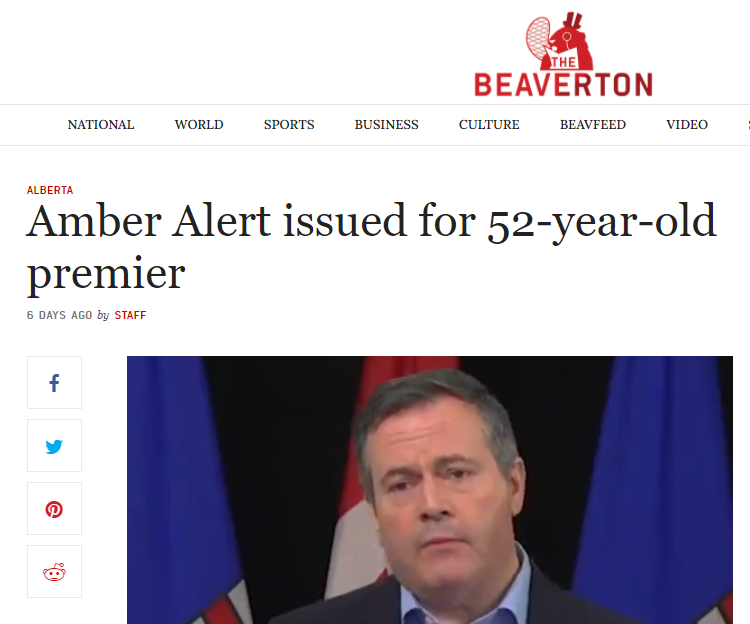
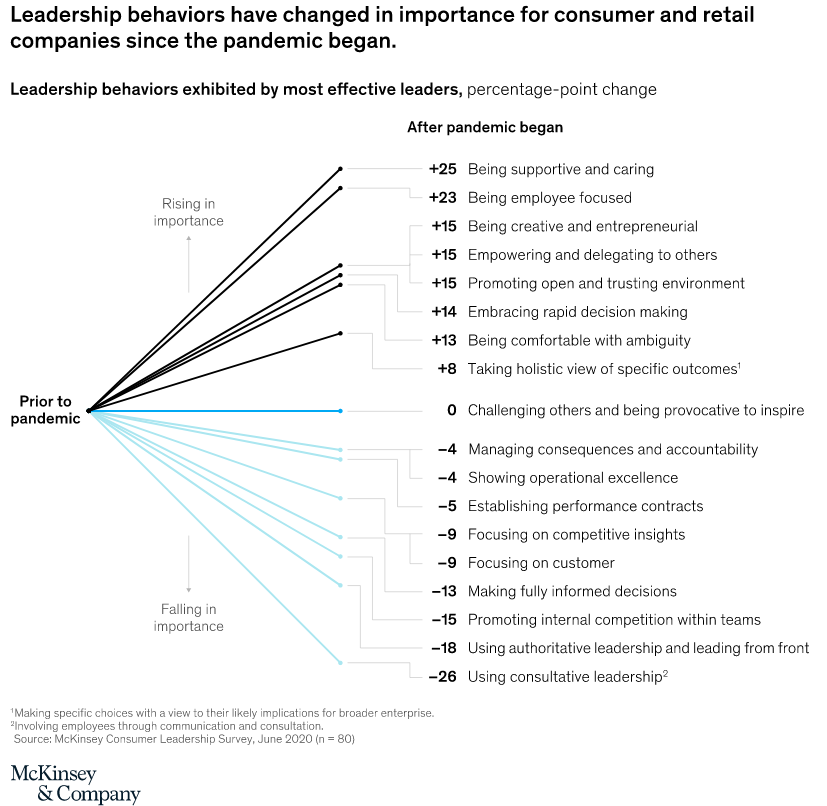

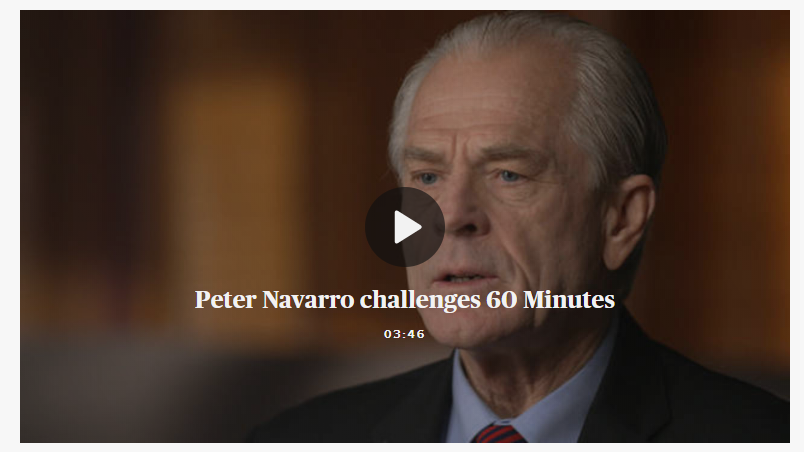
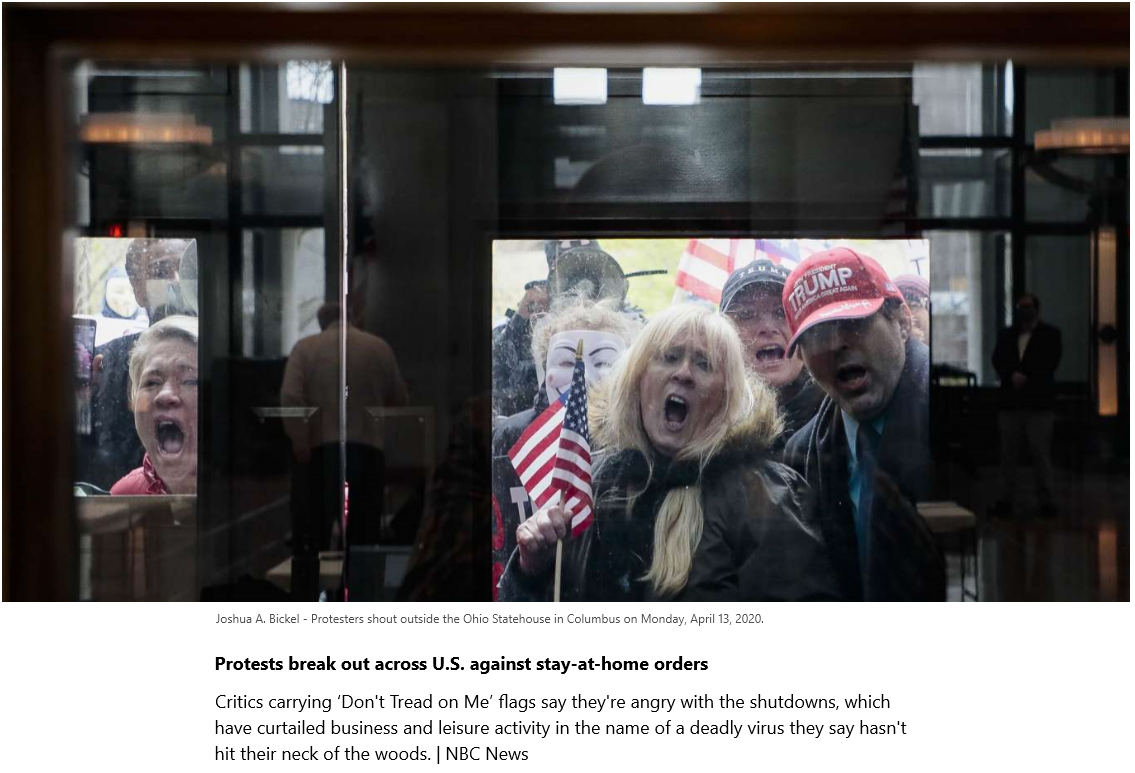
 RSS Feed
RSS Feed
